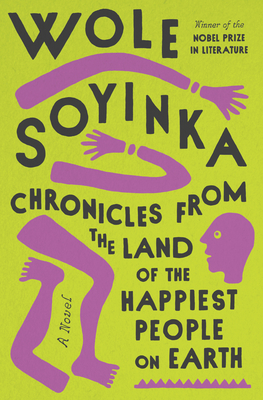What do you think?
Rate this book


444 pages, Hardcover
First published December 1, 2020
ŌĆ£It challenges the collective notion of soul. Something is broken. Beyond race. Outside colour or history. Something has cracked. CanŌĆÖt be put back together.ŌĆÖŌĆ�